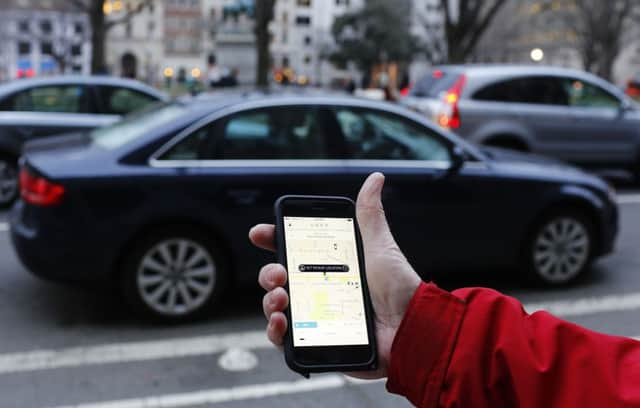Sharing revolution in travel begins to catch on


These app-accessible businesses represent a new wave of sharing economy services which enable consumers to engage directly with a new community of taxi and accommodation suppliers online.
According to a report from the research arm of investment bank Piper Jaffray, Airbnb enabled about 40 million room nights in 2014 – phenomenal growth from five million in 2010 – and is on target to double that figure over the next two years.
Advertisement
Hide AdAdvertisement
Hide AdMeanwhile Uber, which connects consumers requiring taxi transport to pre-vetted “car-sharers”, is proving controversial but highly successful. According to Digital Marketing Research, the company currently has over eight million users and 160,000 drivers in 290 cities across the globe, so effective it has provoked strikes amongst traditional taxi drivers in a range of cities including London, Paris and Mexico City.
While this growth has not yet had a huge impact on the corporate travel market, that could change in the coming years. Airbnb has teamed up with Concur, a leading expense management solution, and can now provide travel itineraries as well as financial reports which are key for this market. While concerns about the risk of using sharing services remain for many who manage corporate travel, systems are being developed to address these perceptions which, combined with the potential for reducing expenses, may enhance their appeal to companies.
The sharing economy provides a real challenge to the travel and hospitality sectors which need to innovate and focus on added value if they are to remain viable. Many hotels, for example, will need to enhance their overall service delivery and offer extra value such as free wifi and TV entertainment as a standard to their clients.
Like it or not, these online developments will change the way the sector operates with the main beneficiary of this shake-up likely to be the consumer.
• Vinnie McKay is an operations support developer at Colpitts World Travel